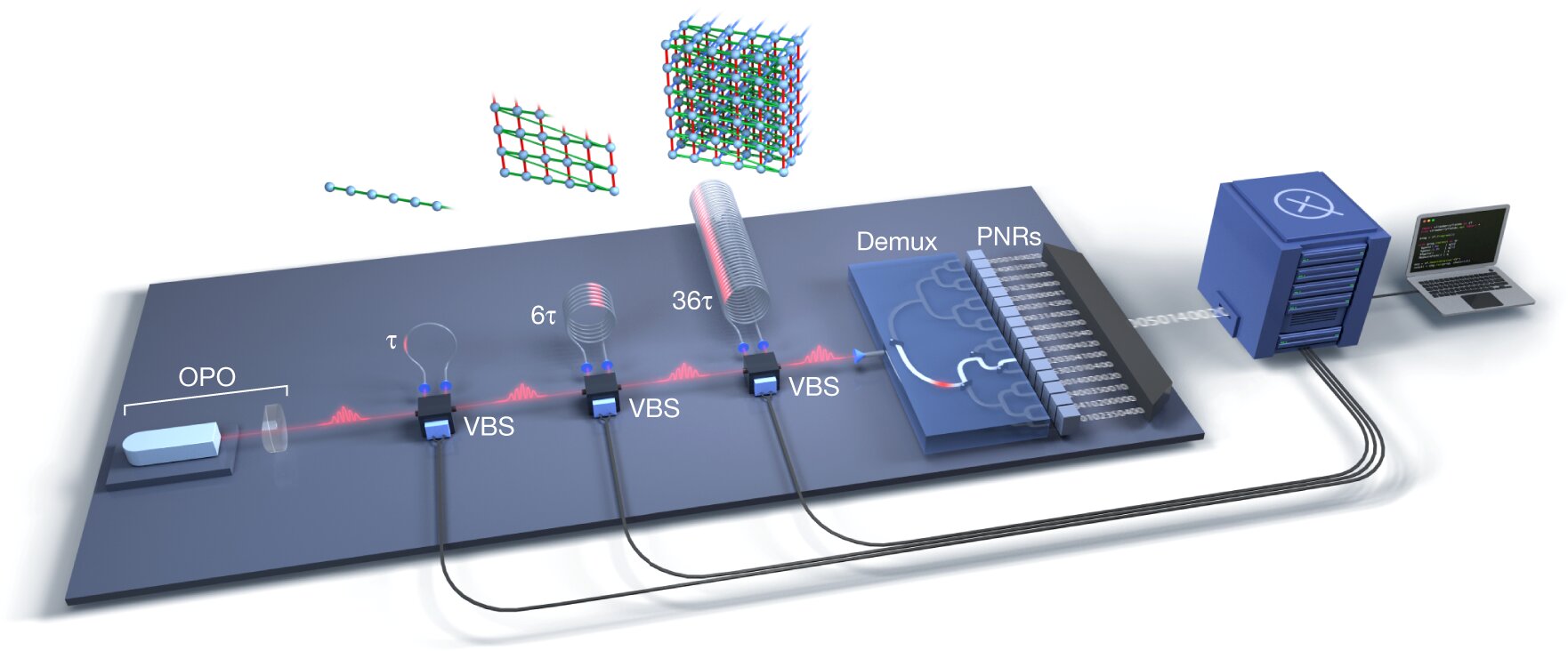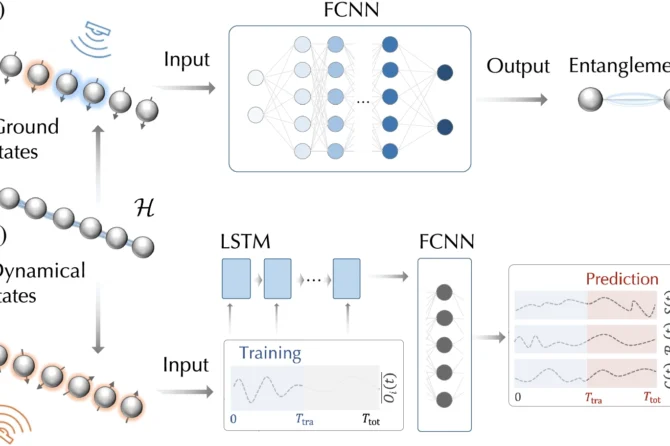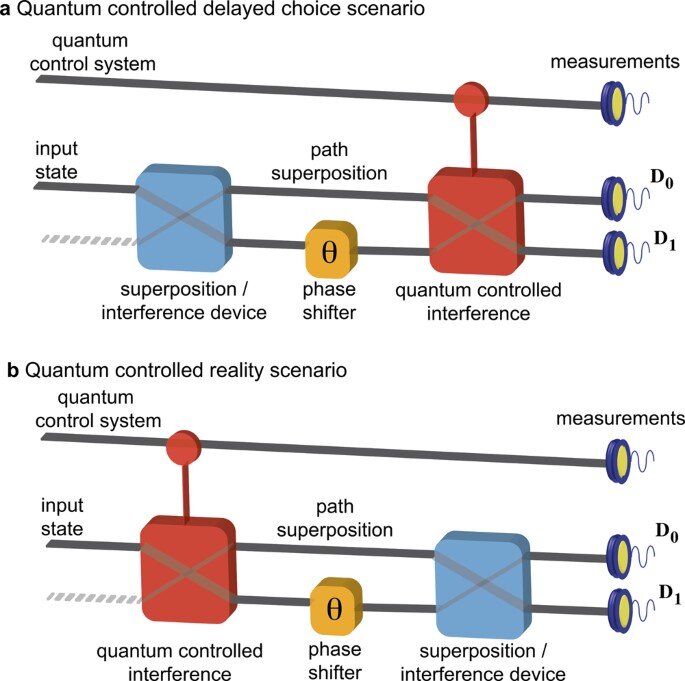A team of researchers from Xanadu and the NIST is claiming that their quantum computer, Borealis, has achieved computational advantage in taking on the boson sampling challenge.
The researchers took on the challenge using a photonic machine that uses photons to represent qubits. Technically called the Gaussian boson sampling challenge, it involves preparing states of light and directing them through a network of beam splitters and then counting how many of the photons arrive at a detector. The best modern computers get bogged down quickly when attempting the challenge, whereas theory has suggested a quantum computer should shine. Prior efforts to take on the challenge have involved the use of 76 to 113 photons. The machine built by the team on this new effort was able to access up to 219 photons, while it averaged 125, a significant leap forward.
In running the challenge, the team found that Borealis was able to perform the specified task in 36 microseconds. The researchers calculated that it would have taken the best traditional computer approximately 9,000 years to accomplish the same task. This difference, the researchers claim, shows computational advantage. The researchers took their work one step further by testing the output given by Borealis and showed that it could not be spoofed, evidence that the answers it gave were correct. (Phys.org)
The paper has been published in the journal Nature.




